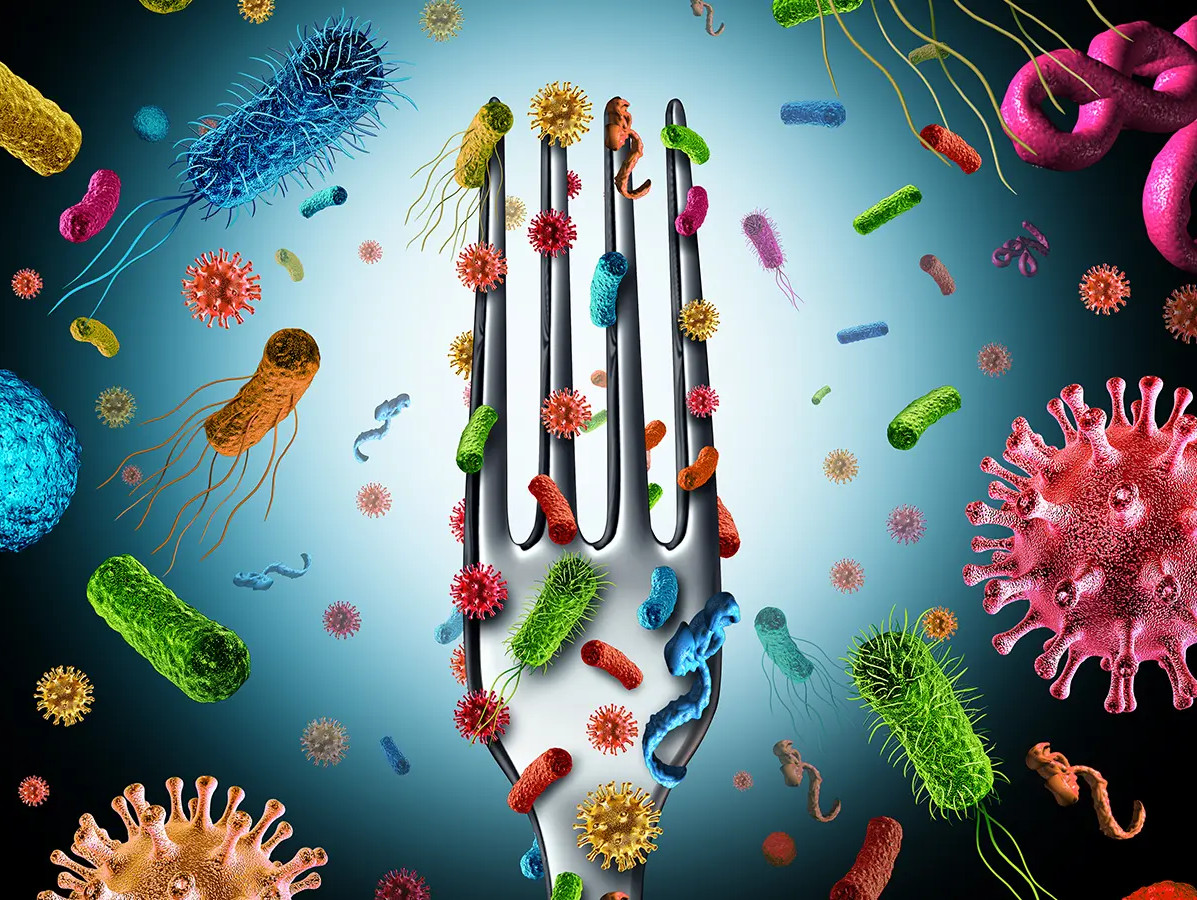
For the first time in seven years, the number of food infections in the Netherlands has decreased. In 2023, 911 outbreaks were reported, significantly fewer than the 1,173 reported the previous year. The number of people who became ill due to contaminated food also dropped, from 4,505 in 2022 to 3,500 in 2023. This marks a noticeable shift, as the number of food infections had been rising annually since 2016, with the exception of the pandemic year 2020.
A significant portion of outbreaks is caused by bacteria such as salmonella and campylobacter. However, the source of many food infections remains unknown. Often, it is unclear which food was responsible or what pathogen caused the symptoms. This makes it more difficult to prevent future outbreaks. The Nederlandse Voedsel- en Warenautoriteit (NVWA) and the GGD play a crucial role in identifying outbreaks and potential causes. They investigate the origin of contaminated food, with support from RIVM and Wageningen Food Safety Research (WFSR).
In 2023, a salmonella outbreak, likely caused by contaminated eggs, led to over 160 reported cases at the GGD. The actual number of illnesses was likely higher, as many people did not seek medical attention. The contamination was eventually traced to eggshells processed in animal feed, which led to the infection of chickens at several laying hen farms. In response, the NVWA tightened its oversight of the animal feed industry to prevent future contaminations. These measures resulted in the outbreak being contained by early 2024.
Source: RIVM